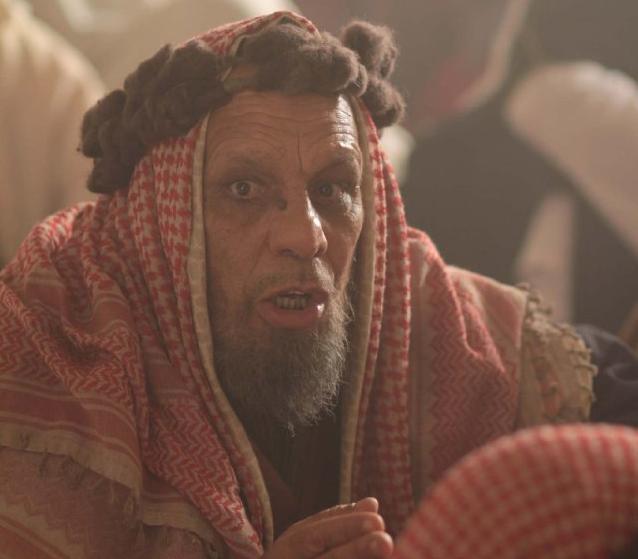Protecting their interests in the Middle East has been a fiercely defended priority of American foreign policy since 1945. The lengths gone to in order to uphold this are scarily being demonstrated in the current Iranian embargo. Jean-Jacques Annaud’s adaptation of Norris Hundley’s novel The Great Thirst offers an insight into the beginnings of this long and bloody relationship. Set in the fractured 1930s Arab states, we follow the upbringing of Prince Auda (Tahar Rahim) and his division of loyalties between a father-in-law charmed by Texan oil wealth, and a father who’s conventional understanding of the Quran prevents society developing.
Clashing cultures dominate the dialogue, whether in the varying interpretations of Islam or the alien influences of Western civilization. Positive and negative attitudes towards the West are manipulated parallel to Auda’s personal views as each patriarch attempts to persuade him. Seductive panoramas of sandy, isolated landscapes surround the core ideal of finding a balance between tradition and progress. Unfortunately this theme is constantly reiterated, meaning that when some semblance of equilibrium is established, it feels forced and somewhat contrived. While the film is from the Arabs’ viewpoint, it’s been produced by those who wish to justify their continued presence in the East, creating an overall sense of a deceptively alluring piece of propaganda cementing America’s right to Arabian oil.
